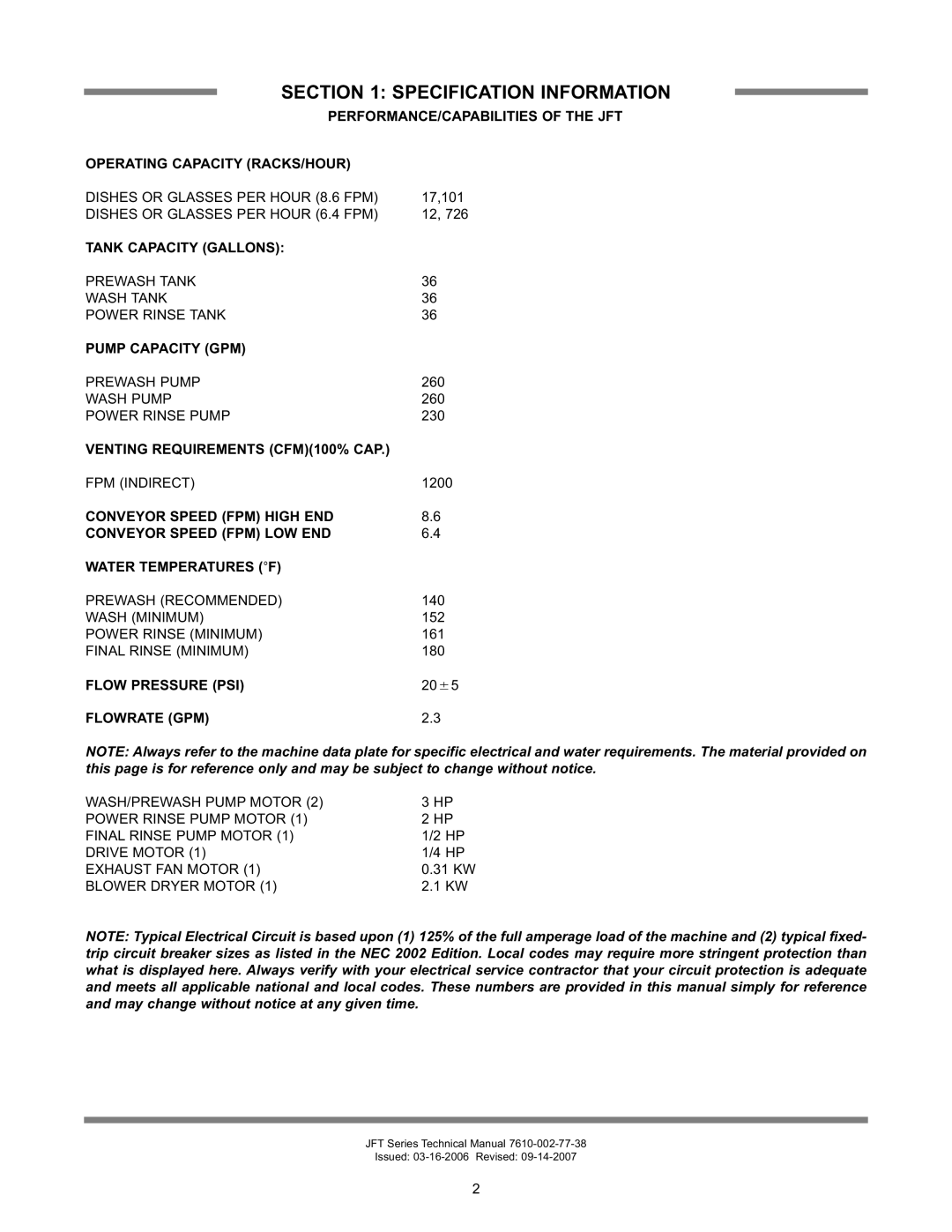JFT, JFT-S specifications
Jackson JFT is an advanced Java library designed for efficiently handling JSON data. Built on the popular Jackson core framework, Jackson JFT (JSON for Transformation) enhances Jackson's capabilities by providing powerful features for transforming JSON structures without losing the flexibility and performance that developers appreciate.One of the main characteristics of Jackson JFT is its seamless integration with the Jackson ecosystem. It maintains compatibility with existing Jackson modules, allowing developers to leverage the extensive functionality of the framework. This integration ensures that users can easily transition to Jackson JFT, taking advantage of its additional features while retaining access to the wide range of tools already available in Jackson.
A key feature of Jackson JFT is its focus on JSON transformation. The library allows for easy manipulation and transformation of JSON data structures through a set of intuitive APIs. Developers can define transformations in a clean and readable manner, making the process of converting or mapping JSON data to different structures straightforward. This is particularly beneficial in scenarios where data might need to be reshaped for compatibility with different systems, APIs, or for front-end display purposes.
Jackson JFT also supports advanced data binding, allowing it to bind JSON data directly to Java objects and vice versa. This feature streamlines the process of parsing JSON data and is invaluable for applications that require frequent data interchange. The library handles various data types, ensuring that complex nested structures are managed efficiently.
Performance is another essential characteristic of Jackson JFT. The library is optimized to handle large datasets without significant overhead, making it suitable for applications with heavy data processing needs. Its efficient handling of memory and processing power results in faster transformations and reduces latency in web applications.
Furthermore, Jackson JFT ensures reliability and robustness in data handling. With built-in error handling and validation mechanisms, developers can easily identify issues in JSON data and ensure data integrity throughout the transformation process.
In summary, Jackson JFT stands out as a powerful tool within the Jackson ecosystem, designed to simplify JSON transformation and data handling. Its seamless integration, advanced data binding capabilities, performance optimizations, and reliability make it an ideal choice for developers looking to work with JSON data in Java applications. Whether it's for web services, data interchange, or application configuration, Jackson JFT provides a modern solution for effective JSON processing.

